Is your business struggling with chargeback fraud? Do you know the difference between chargebacks and fraudulent chargebacks?

To prevent fraudulent chargebacks, you first need to understand what sets them apart from regular chargebacks. According to Troy Segal with Investopedia, “A chargeback is a charge that is returned to a payment card after a customer successfully disputes an item on their account statement or transactions report.”
Handling regular chargebacks is relatively simple, and a great article to check out for tips is this PayPal article. However, handling fraudulent chargebacks is a different story.
Sift explains that chargeback fraud is “when a cardholder disputes a transaction with their bank or credit card company instead of resolving a refund with the merchant with the intent to get something for free, they’re committing chargeback fraud.” The most significant difference between regular and fraudulent chargebacks is the method of getting a refund and the intentions.
PaySimple can sum up this alarming reality: “for business owners, chargeback fraud adds up to lost revenues, sunk shipping costs, potential merchandise shortages, and damaging chargeback fees.” What’s even worse is that the merchant often has to pay a fee that “can be anywhere from $20-$50 per transaction.” To avoid these extensive losses, it’s necessary to find ways to prevent experiencing chargebacks altogether.
So, how can your small business prevent fraudulent chargebacks? PaySimple recommends using strong credit card verification methods, being aware of unusual orders, confirming all orders, using clear transaction descriptions, and clearly defining your return policy, among other tips. If you don’t want to pay chargeback fees or face other losses, then the Cyber Advantage Plan is for you. The CAP covers fees related to chargebacks and fraudulent chargebacks, plus much more. To launch your cyber coverage today, click the learn more button and discover how you can exceed as a business owner.
Handling regular chargebacks is relatively simple, and a great article to check out for tips is this PayPal article. However, handling fraudulent chargebacks is a different story.
Sift explains that chargeback fraud is “when a cardholder disputes a transaction with their bank or credit card company instead of resolving a refund with the merchant with the intent to get something for free, they’re committing chargeback fraud.” The most significant difference between regular and fraudulent chargebacks is the method of getting a refund and the intentions.
PaySimple can sum up this alarming reality: “for business owners, chargeback fraud adds up to lost revenues, sunk shipping costs, potential merchandise shortages, and damaging chargeback fees.” What’s even worse is that the merchant often has to pay a fee that “can be anywhere from $20-$50 per transaction.” To avoid these extensive losses, it’s necessary to find ways to prevent experiencing chargebacks altogether.
So, how can your small business prevent fraudulent chargebacks? PaySimple recommends using strong credit card verification methods, being aware of unusual orders, confirming all orders, using clear transaction descriptions, and clearly defining your return policy, among other tips. If you don’t want to pay chargeback fees or face other losses, then the Cyber Advantage Plan is for you. The CAP covers fees related to chargebacks and fraudulent chargebacks, plus much more. To launch your cyber coverage today, click the learn more button and discover how you can exceed as a business owner.
